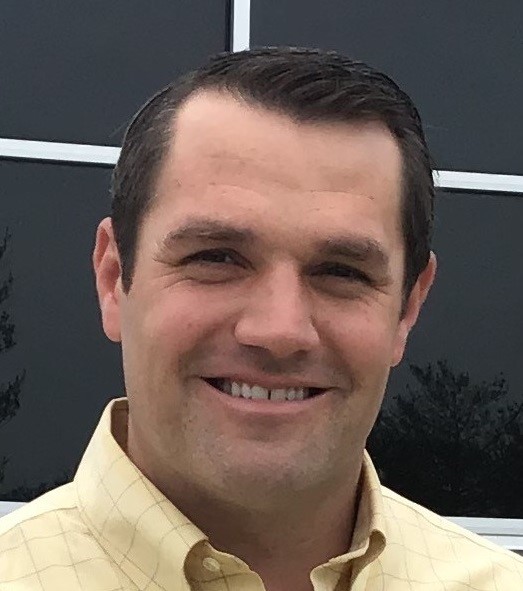The Financial Planning Association of Iowa meets every other month at the Des Moines Golf and Country Club.
By Steve Dinnen
Yes, it’s lunch. But the bimonthly gatherings of the Financial Planning Association of Iowa provide more than nutrition. They also serve opportunities for the people who manage billions of dollars in client assets to develop their expertise.
Anyone can call themselves a financial planner. But the money-management industry has created a specialist, a certified financial planner. They come from diverse backgrounds, with degrees in business or finance or even home economics, and have undergone a course of study and exam offered by the Certified Financial Planner Board of Standards. Passing the test is a mark of distinction that signifies that someone is especially knowledgeable in money matters and presumably can serve a client well.

To maintain their accreditation, CFPs continue their education, just like licensed lawyers or certified public accountants. This ongoing learning can come from online sessions, conventions or, around here, luncheons that the Financial Planning Association of Iowa organizes every other month at Des Moines Golf and Country Club.
The group’s president, Tyler Conley from the West Des Moines financial planning firm Syverson Strege, said the gatherings are actually threefold affairs, with food, education and networking. “That’s where I got my job,” he said.
The training subjects rotate among five themes: taxes, retirement, insurance, investments and estate planning. The group often discusses ethics, too.
Here are just a few of the recent topics:
- Decumulation diversification. That’s how to draw down your assets and the impact on the Monte Carlo score, a popular modeling tool to predict the probability of a variety of outcomes when random variables are a factor.
- Technology’s impact on aging. Financial planners are becoming longevity specialists, since most of us are living longer and need to nurture our assets.
- Farmland values. Randy Hertz of Hertz Associates discussed investment opportunities in agricultural real estate.
- Insurance-based risk mitigation tools.
- Exchange-traded fund (ETF) structures.
- Asset protection against long-term care costs.
Speakers come from a range of industries, including financial services and insurance. The best presenters are both informative and entertaining, which isn’t always easy. (Just try and put some sparkle on a 30-minute talk about draw-down diversification.)
You want your lawyer to be smart, maybe even smarter than you. So why not expect the same of people handling your money?







